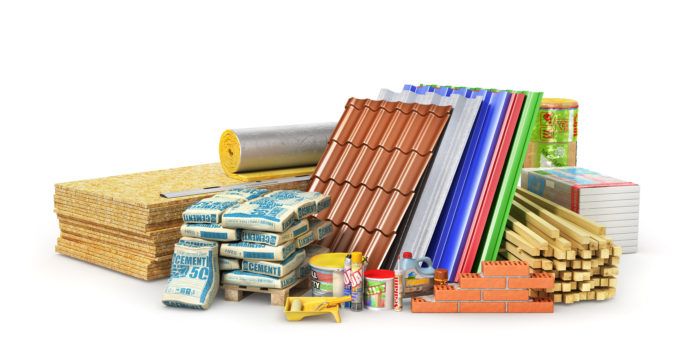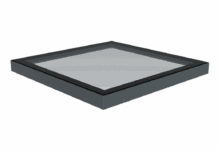General product availability continues to improve across all regions except for Northern Ireland, where separate issues are impacting the transport of good, the latest Construction Leadership Council’s (CLC) Product Availability statement reports.
Recent weeks have seen improvements in the supply of aircrete blocks and bricks, in part due to a slight fall in demand. However, summer maintenance programmes may temporarily reduce production and reverse this trend as there remains a fine line between supply and shortfall due to continued strong sales of new houses.
There are good stocks on the ground of structural softwood, carcassing and fencing in the UK – prices have reduced slightly as demand has dropped back. Meanwhile, european and global demand remains firm and with sanctions on Russian logs, prices are likely to remain at or near current levels.
Delivery disruptions
Delivery times for gas boilers remain an issue due to continuing high demand and extended lead times are expected into Q1 2023.
Availability and inflation, therefore, continues to disrupt the M&E supply chain.
Electrical wholesalers are reporting increased demand for solar PV and other renewable energy products, but also extended delivery times for these products. Wholesalers are also reporting longer delivery times for specialist lighting products.
The CLC has also received initial reports of a looming shortage of barrier pipe, used for all heating systems and hot and cold water supply, due to a shortage of a key manufacturing additive supplied from the USA.
There are fresh concerns over the availability and cost of imported glass later in the year, with European plants anticipating reduced production stemming from uneconomic energy costs.
Transport issues continue to affect imported products; some major merchants suggest that only 25% of goods from the far east arriving on time. Container costs also remain at high levels and reduced capacity on many shipping routes is likely to have the effect of sustaining high prices.
The increase of costs and inflation
Very high levels of inflation exacerbated by the Ukraine conflict have stabilised and softening demand, particularly at the retail end of the market, has led price inflation to moderate for some products, although this is unlikely to result in lower project costs in the short term.
The general view is that inflation will persist at a lower level across most product categories for the rest of the year.
While many UK manufacturers purchase energy on forward contracts to help manage risk, the current extreme price volatility means that some firms are experiencing electricity cost fluctuating by up to 300% on a day-to-day basis, which may affect the financial viability of some energy-intensive manufacturing during the winter months.
Price inflation and the cost of living crisis are already affecting SME builders working primarily in private-housing repair, maintenance and improvement. As consumers become increasingly unwilling to enter contracts without a firm commitment to the end price, SME’s are experiencing a drop off in enquiries and contracts. A reduction in the volume of work will add to the pressures faced by SME businesses.
Recruitment is an issue in all areas, with competition for drivers, sales and front of house staff coming from other industries as well as between firms in the sector.
Given that supply chains in construction are continuing to forecast rising costs, the challenge of quantifying and managing these cost rises will increasingly necessitate the wider use of appropriate contractual mechanisms (such as index-linked, cost-plus, provisional sum, etc).
>>Read more about price inflation and product availability here.




